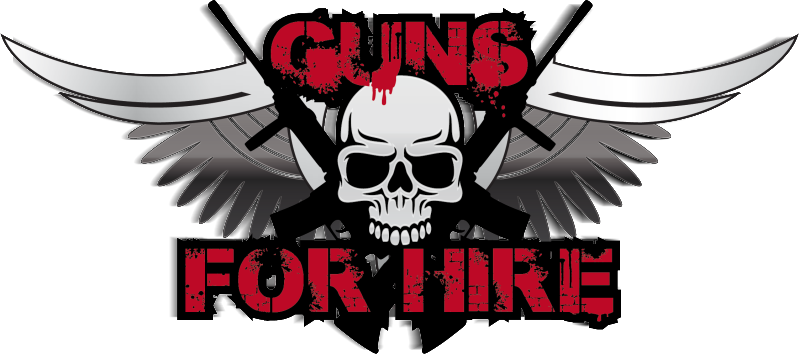 Countless discussions have taken place in the past few weeks about the state of the Springboks.
Countless discussions have taken place in the past few weeks about the state of the Springboks.
One subject that has hardly come up is the continued selection of overseas-based players. There has been the usual wailing and gnashing of teeth about the player drain, said to number around 350 top class players in France, Japan and the UK, but there hasn’t been a useful conversation about the status quo.
Officially, the preference is for SA-based players, but if the Bok coach can make a case for a rugby emigré, he can select him.
We’ve seen much of this in recent years, including Bryan Habana, Duane Vermeulen, Johan Goosen, Willem Alberts and Francois Louw.
The exception is that the Bok captain must play his rugby in South Africa.
For a while, I thought this was a sensible option. The flood overseas has been massive and many players are good enough to represent the Springboks. But this is a lark that has had its day.
The Springboks should batten down the hatches and do as the All Blacks do by selecting home-based players only.
This would have the twin effect of making players think twice about heading off and also help the Springbok regain some of the aura lost in the professional age.
The other reality is that selecting offshore Springboks confirms a disconnect between them and the blokes who opt to stay at home. Six years ago Joe van Niekerk was selected out of France for a match against Wales. He was so off the pace he was never selected for the Boks again.
Two years ago Juan Smith was parachuted in from Toulon for a Test against Argentina in Salta. He, too, was last seen playing catch-up and never played for SA again.
Johan Goosen, who earned rave reviews at Racing 92, was pulled in for this year’s Rugby Championship where he was middling to average.
Proof, indeed, that not everything overseas is necessarily better.
There are exceptions like Louw and Habana, who do yeoman work for the Boks, but the fatigue of back-to-back seasons and the slog of travel have begun to show.
Interestingly, the world numbers one and two – New Zealand and England – have a steadfast rule: they do not select players from beyond their borders, no matter how accomplished. So when Dan Carter shifted off, that was it, cheerio. In England’s case, Steffon Armitage’s continued excellence in France is all but ignored.
New Zealand’s stance is unequivocal. “To wear the All Black jersey you have to play your rugby in New Zealand,” says CEO Steve Tew.
It’s a policy that defines their retention strategy.
TThe very foundation of the Springboks is imperilled by the player drain
Other teams, like the Wallabies, have a compromise of sorts. Overseas-based players must have won 60 caps or had a contract with the ARU for at least seven years to be eligible for selection, as was the case with Matt Giteau who was pulled in for the World Cup last year.
South Africa is duty-bound to nurture Super Rugby and keep it robust. Rewarding players who earn their cash overseas is anathema to this ideal.
I get the view that we now live in a global village and the state of the SA economy makes it appealing to earn foreign currency, but the very foundation of the Springboks is imperilled by the player drain.
The Springbok needs to win back its shine to the extent that young players think twice before accepting an overseas contract. The players who stick around and earn their crust in Currie Cup or Super Rugby must be rewarded for their loyalty, too. Why should those who choose to go elsewhere, effectively abandoning local rugby, benefit from the best of both worlds?
The New Zealand currency isn’t strong either, but it’s instructive to see how the world’s best player at the time, Richie McCaw, chose to stay local. So do Kieran Read and Ben Smith. And Dane Coles and Brodie Retallick.
It’s yet another lesson SA rugby can borrow from its Kiwi friends.
The very heart of SA rugby is under attack. Those who push off have every right to do so, but SA rugby must look after its own.
The gun-for-hire policy has run its course. It’s time to shut it down. – © Sunday Tribune
